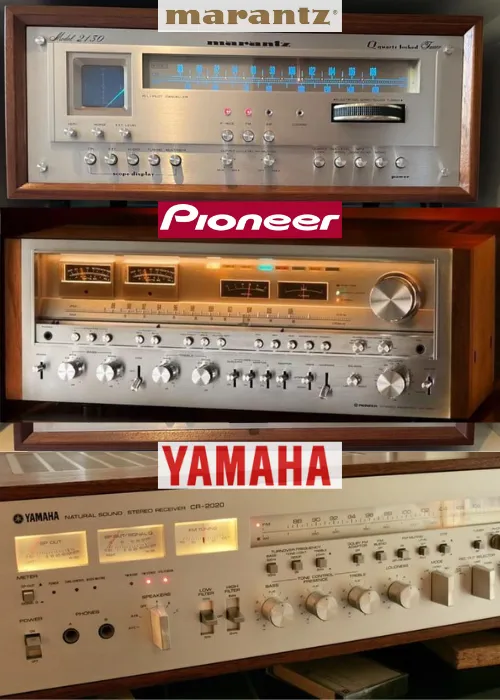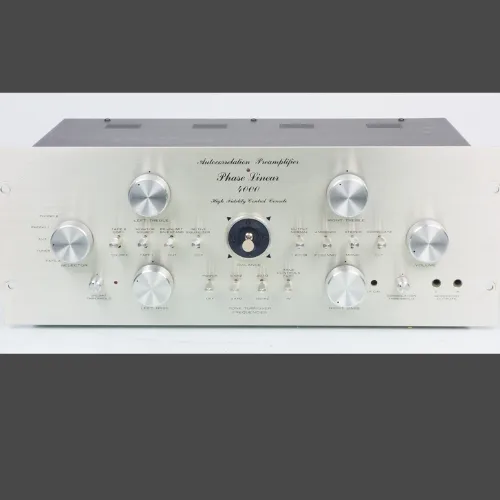Difference Of Your Quality Between XLR vs RCA
Difference Of Your Quality Between XLR vs RCA
Jan 14, 2024
Certainly, the quest to optimize audio fidelity can lead one down a rabbit hole of technicalities and nuanced details. In the discourse surrounding the merits of XLR versus RCA connections, it's important to understand the contexts where one may outweigh the other. Here are some considerations:

- Balanced Audio Transmission: XLR cables employ a balanced signal that can significantly reduce the amount of noise and interference picked up along the cable's length, resulting in clearer sound, which is especially beneficial in longer cable runs.
- Robust Connection: With a locking mechanism typically built into the XLR connector, this feature aids in securing the connection, mitigating risks of accidental disconnection in live performance or recording scenarios.
- Professional Standard: XLR is the de facto standard for professional audio environments. Its widespread acceptance in this realm speaks volumes to its reliability and performance under demanding conditions.
- Differential Signaling: The architecture of an XLR connection, which utilizes three pins for positive, negative, and ground, allows for differential signalling. This method can combat potential phase issues and electromagnetic interference, producing pristine audio reproduction.
- Versatility and Durability: XLR connectors are designed to withstand the rigours of stage and studio environments. Their construction quality often translates to a longer lifespan and better performance under stress than their RCA counterparts.
A well-informed decision on utilising XLR or RCA connections must account for these factors, particularly considering the investment in audio equipment and the pursuit of auditory excellence. In the end, context is key, and each setup may warrant a different approach based on specific technical and environmental considerations.





